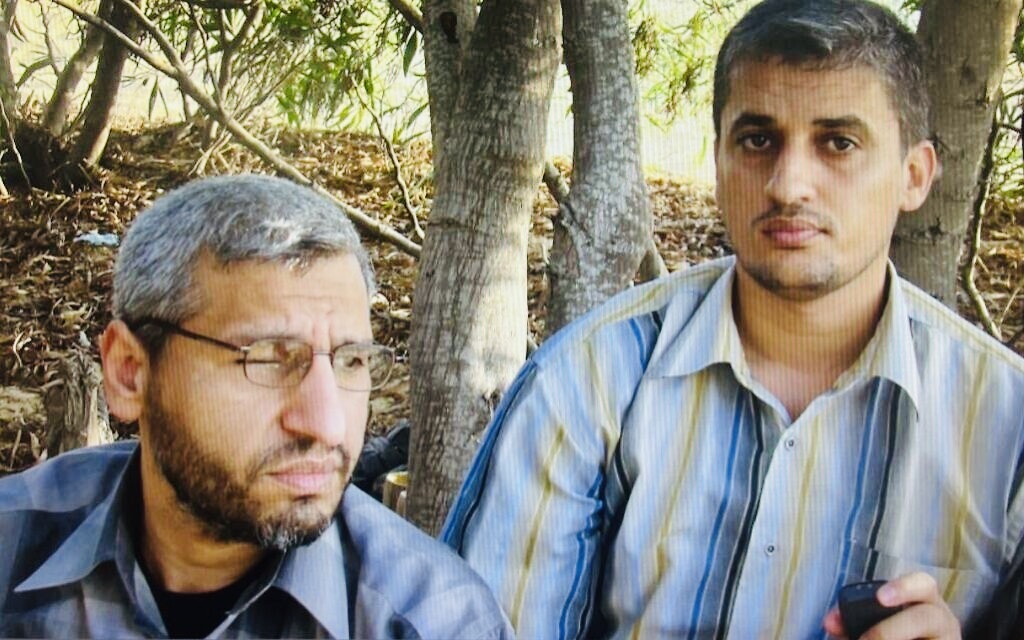Mohammed Deif, the elusive commander of Hamas’ military wing, the Izz ad-Din al-Qassam Brigades, is like the proverbial cat with nine lives. Against all odds, he manages to survive and pull through impossible situations. Needless to say, his astonishing knack for survival has constantly frustrated Israel, his arch nemesis.
In the past two decades, he has dodged a succession of Israeli assassination attempts, though he has paid a heavy personal price for his luck.
On July 13, he and his close associate, Rafaa Salameh, the commander of Hamas’ Khan Younis Brigade, were targeted by the Israeli Air Force in an area of the southern Gaza Strip between Israel’s self-declared al-Mawasi humanitarian zone and the city of Khan Younis.
Israel carried out the air raid after extensive preparations and just hours before a 20-year-old lone gunman tried to assassinate Donald Trump — the former U.S. president and the Republican Party’s presidential nominee who will face President Joe Biden in the forthcoming election — at a rally in Butler, Pennsylvania.
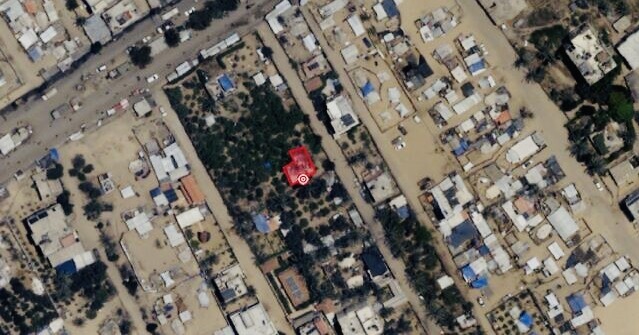
Judging by reports, Israel dropped five 2,000-pound bombs on Salameh’s compound, which Deif was visiting. Dozens of Hamas fighters in the vicinity were killed, as were more than 90 Palestinian civilians, including women and children. But Deif’s fate has yet to be ascertained
On July 14, Prime Minister Benjamin Netanyahu said he was not “absolutely certain” whether Deif had in fact been killed. The chief of staff, General Herzi Halevi, said it is too early to confirm his death.
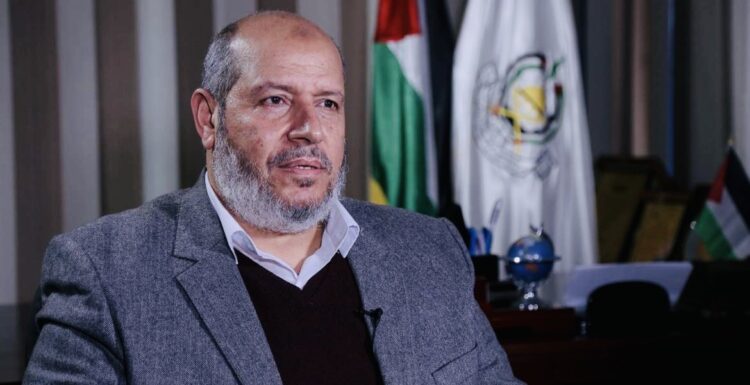
Khalil al-Hayya, Hamas’ deputy leader, denied he was dead. “We say to Netanyahu that Mohammed Deif is listening to you right now and is mocking your lies.”
Rafa’a Salameh, however, was killed, the Israeli army and the Shin Bet internal security agency confirmed yesterday.
By any measure, Salameh’s demise is a devastating blow to Hamas.
He replaced Yahya Sinwar, the current Hamas leader, as head of the Khan Younis Brigade in 2016. In tandem with Sinwar, he was one of the key planners of the October 7 massacre.
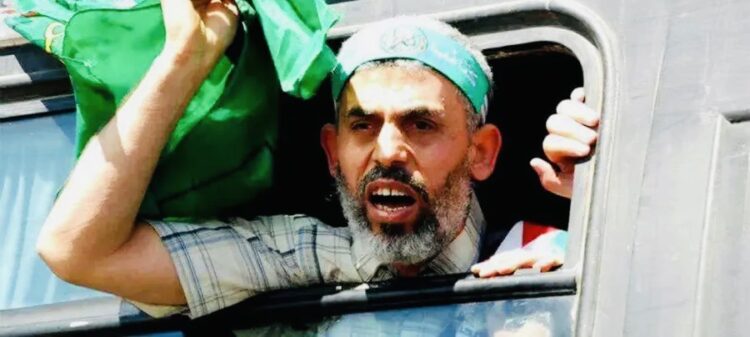
Salameh is said to have joined Hamas about 30 years ago. Rising in the ranks, he commanded the Khan Younis Brigade’s Al-Qarara Battalion, serving under Mohammad Sinwar, the brother of Yahya Sinwar. By all accounts, he played a role in the abduction of Israeli soldier Gilad Shalit in 2006.
Salameh is the most senior Hamas official in Gaza to be eliminated since the killing of his deputy, Marwan Issa, in an Israeli air strike four months ago.
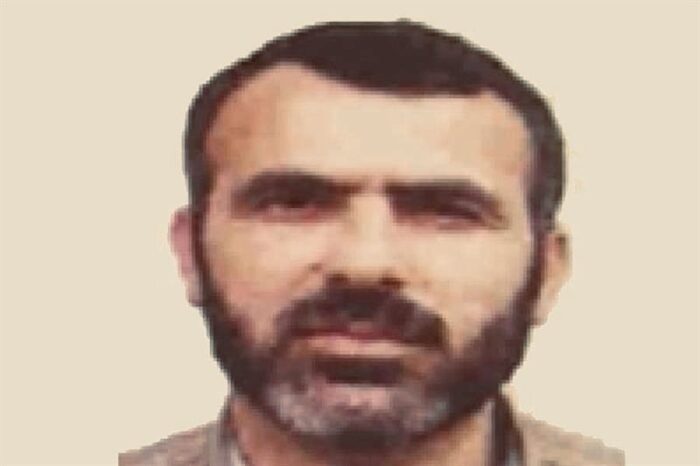
Salah al-Arouri, Hamas’s deputy political leader, was assassinated by Israel in an air strike in Beirut in January.
In addition, Israel has killed more than a dozen high-ranking Hamas commanders.
By Israel’s estimate, upwards of 14,000 Hamas foot soldiers and officers have been killed since the outbreak of the Israel-Hamas war last October, representing about two-thirds of Hamas’ military manpower.
Yet Deif may still be alive.
Deif was in Israel’s crosshairs in skirmishes and wars in 2001, 2002, 2003, 2006, 2014 and 2021. In an operation in 2014, Israel almost succeeded in taking him out, but mistakenly killed his wife, infant son and three-year-old daughter. During the course of two of these raids, he was apparently badly wounded.
Last December, Israel offered a $100,000 reward for information leading to his whereabouts.
Like Sinwar, Deif was born in a refugee camp in Khan Younis. He joined Hamas shortly after its formation in 1987. During the first Palestinian uprising in the late 1980s, he was arrested but was later released by Israel.
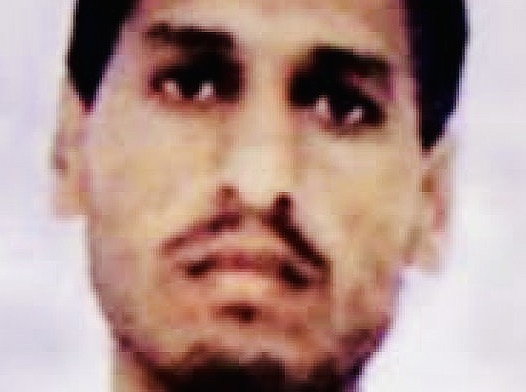
Now 58, Deif was appointed to be the commander of the Al-Qassam Brigades in 2002 after the death of his predecessor. Deif was instrumental in vastly expanding Hamas’ network of tunnels and in sending suicide bombers into Israel. The indiscriminate bombings of buses and public places resulted in the deaths of more than 1,000 Israelis over about five years.
Deif masterminded the October 7 attack, which claimed the lives of roughly 1,200 Israeli civilians, soldiers and foreign workers in southern Israel.
Within hours of the invasion, Deif released a recorded speech on Hamas’ Al-Aqsa television station in which he boasted that it was designed to make “the enemy understand that the time of their rampaging without accountability has ended.”
“Righteous fighters, this is your day to bury this criminal enemy,” he said. “Kill them wherever you find them. Remove this filth from your land and your sacred places. Fight and the angels fight with you.”
Israel is hell bent on eliminating him and every single Hamas leader, as Netanyahu indicated yesterday. “I want to promise you that, one way or another, we will get to the entire Hamas leadership,” he declared.
During the early phase of the war, Netanyahu described Sinwar as “dead man walking.”
Despite Israel’s deadly air strike on July 13, Hamas has not withdrawn from the ceasefire/hostage/prisoner talks, which have taken place in Qatar and Egypt in the past two days.
But given the diametrically opposed positions of Israel and Hamas, the chances of a breakthrough are quite dim.
In the meantime, the war goes on.
